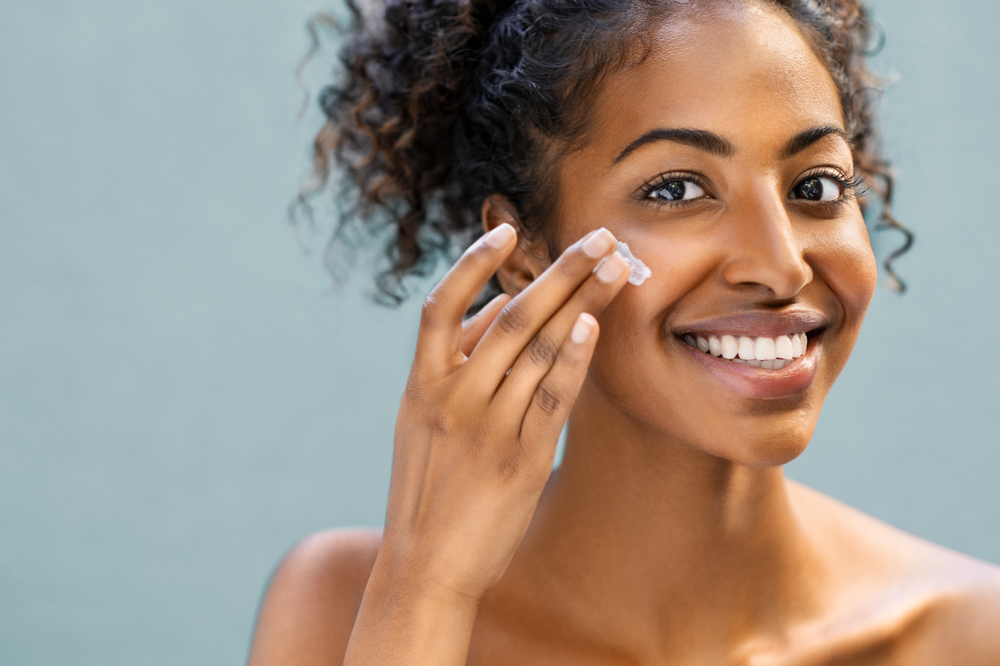Recent scientific breakthroughs have revealed a fascinating connection between digestive health and skin appearance, known as the gut-skin axis. Research indicates that an imbalanced gut microbiome often manifests in various skin concerns including acne, psoriasis and eczema. This growing understanding has led to a surge in probiotics skincare products and supplements in the beauty industry. Scientists have discovered that the communication between gut microbes and skin cells occurs through complex biochemical pathways, influencing everything from skin barrier function to sebum production. This intricate relationship explains why digestive issues often coincide with skin problems, prompting a revolutionary approach to dermatological treatments.
Understanding the science of skin-friendly bacteria
The relationship between probiotics and skin health stems from their fundamental role in immune function. With over 70% of immune cells residing in the gut, maintaining a healthy digestive system becomes crucial for overall skin wellness. These beneficial microorganisms work through several key mechanisms to enhance skin health. First, they manage inflammation levels throughout the body, regulating immune responses that can trigger skin flare-ups. Second, they strengthen the skin’s protective barrier function, making it more resilient against environmental stressors. Third, healthy gut bacteria promote better collagen synthesis, supporting skin structure and elasticity. Finally, a balanced gut flora helps maintain optimal skin hydration levels, contributing to a more radiant complexion.
The impact of probiotics extends beyond basic skin function. Research indicates that these beneficial bacteria play a crucial role in protecting against UV damage and oxidative stress. They produce various bioactive compounds that can help reduce the signs of aging, including specific peptides and antioxidants that support skin repair and regeneration. Furthermore, probiotics help maintain the skin’s pH balance, creating an environment that discourages the growth of harmful bacteria while promoting the flourishing of beneficial microorganisms.
Internal versus external applications
The effectiveness of probiotics varies depending on their method of delivery. Internal consumption through supplements supports overall systemic balance, while topical applications work directly on the skin’s surface. For optimal results, experts suggest implementing both approaches simultaneously. This dual approach allows probiotics to support skin health from multiple angles, creating a more comprehensive treatment strategy. Internal probiotics work by modulating immune responses and reducing systemic inflammation, while topical applications help restore the skin’s natural microbiome and strengthen its protective barrier.
Recent studies have shown that different probiotic strains offer unique benefits when applied topically. Some strains excel at moisture retention, while others are particularly effective at reducing redness and inflammation. The timing and frequency of probiotic applications also play crucial roles in their effectiveness. Morning applications can help protect the skin against daily environmental stressors, while evening applications support the skin’s natural repair processes during sleep.
Selecting effective probiotic supplements
When evaluating probiotic options, certain factors prove crucial for skin benefits. The most effective strains typically come from the Lactobacillus and Bifidobacter families. When choosing a supplement, consider the bacterial strain specificity and look for documented skin-supporting varieties. The concentration of live bacteria, measured in colony forming units, should be adequate for therapeutic effects. Proper storage requirements must be followed to maintain probiotic viability, and the presence of prebiotics can enhance the overall effectiveness of the supplement.
The timing of probiotic supplementation can significantly impact their effectiveness. Taking probiotics on an empty stomach allows for better survival of the beneficial bacteria, though some strains are specifically designed to be taken with meals. Additionally, the interaction between probiotics and other supplements or medications should be carefully considered. Some antibiotics can reduce probiotic effectiveness, while certain supplements can enhance their benefits.
Natural sources of probiotics
Incorporating probiotic-rich foods into your daily diet provides a natural approach to skin health. The most beneficial options include fermented vegetables like kimchi and sauerkraut, cultured dairy products such as yogurt and kefir, aged cheeses with active cultures, and fermented beverages including kombucha and traditional buttermilk. These foods not only deliver beneficial bacteria but also provide essential nutrients that support overall skin health. The fermentation process creates unique compounds that can enhance the bioavailability of nutrients and provide additional skin-supporting benefits.
Traditional cultures have long recognized the connection between fermented foods and skin health. Many ancient beauty rituals incorporated fermented ingredients, from Japanese sake face masks to Korean fermented rice water treatments. Modern research is now validating these traditional practices, showing that fermented foods can provide unique benefits for skin health that extend beyond their probiotic content.
Supporting factors for optimal results
While probiotics play a significant role in skin health, their benefits are maximized when combined with other healthy practices. Quality sleep patterns, consistent hydration and a fiber-rich diet create the foundation for both gut and skin wellness. Regular exercise further supports this system by promoting healthy circulation and stress management. Environmental factors such as sun exposure and pollution should also be considered, as they can impact both gut and skin health.
The relationship between stress and skin health cannot be overlooked. Chronic stress can disrupt the gut-skin axis, potentially negating the benefits of probiotic supplementation. Incorporating stress-management techniques such as meditation, yoga or regular exercise can help maintain the balance of both gut and skin microbiomes. Additionally, environmental toxins and poor dietary choices can disrupt the delicate balance of gut bacteria, making it essential to maintain a clean, whole-food diet rich in prebiotic fiber.
This holistic approach to skincare, centered around the gut-skin connection, represents a significant shift in beauty and wellness practices. Understanding and utilizing probiotics effectively can lead to remarkable improvements in skin health, particularly when integrated into a comprehensive wellness routine. The key lies in maintaining consistency with both internal and external probiotic applications while supporting overall health through lifestyle choices. As research continues to unveil new connections between gut health and skin appearance, the role of probiotics in skincare routines will likely become even more significant, offering promising solutions for various skin concerns through natural, microbiome-based approaches.

















